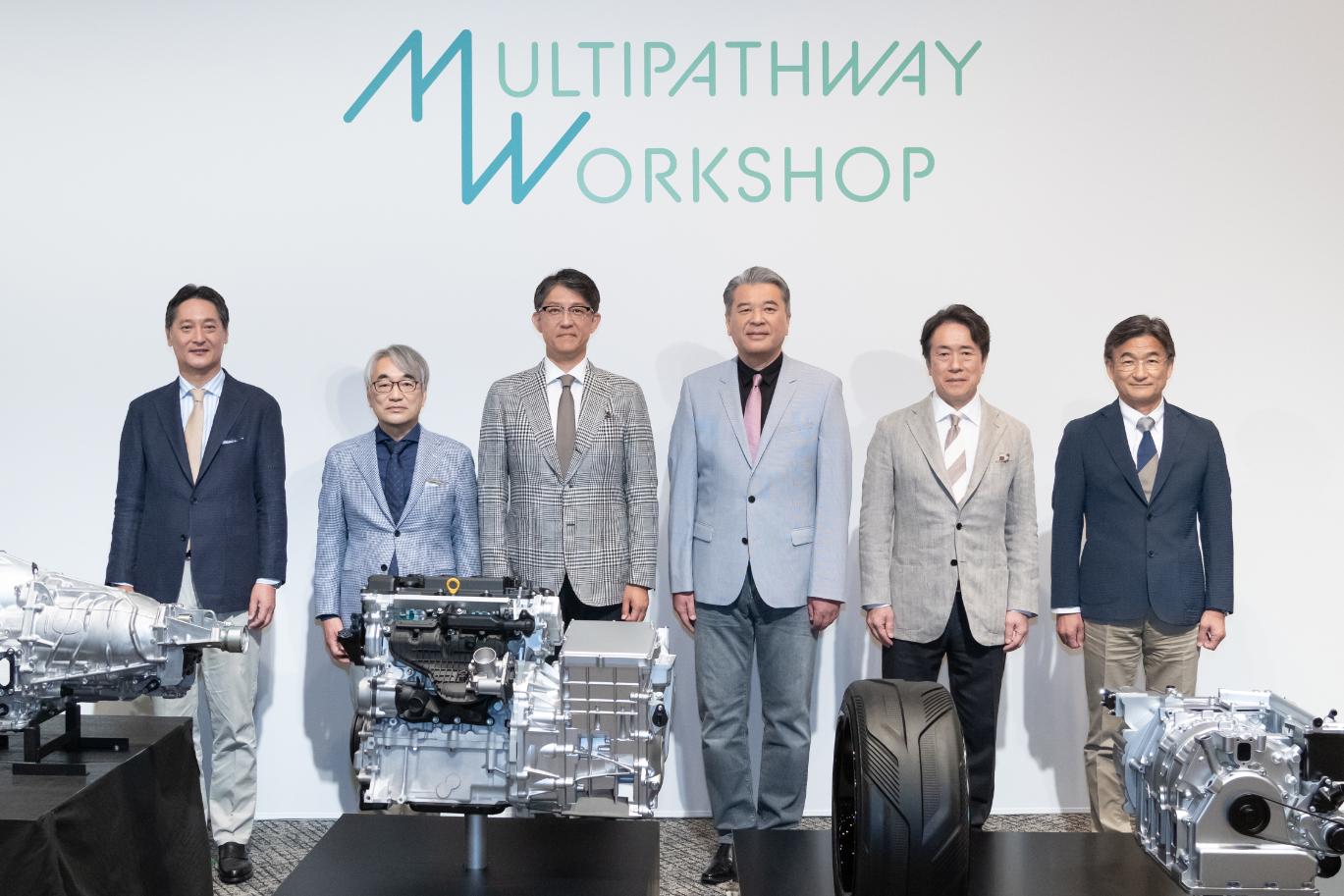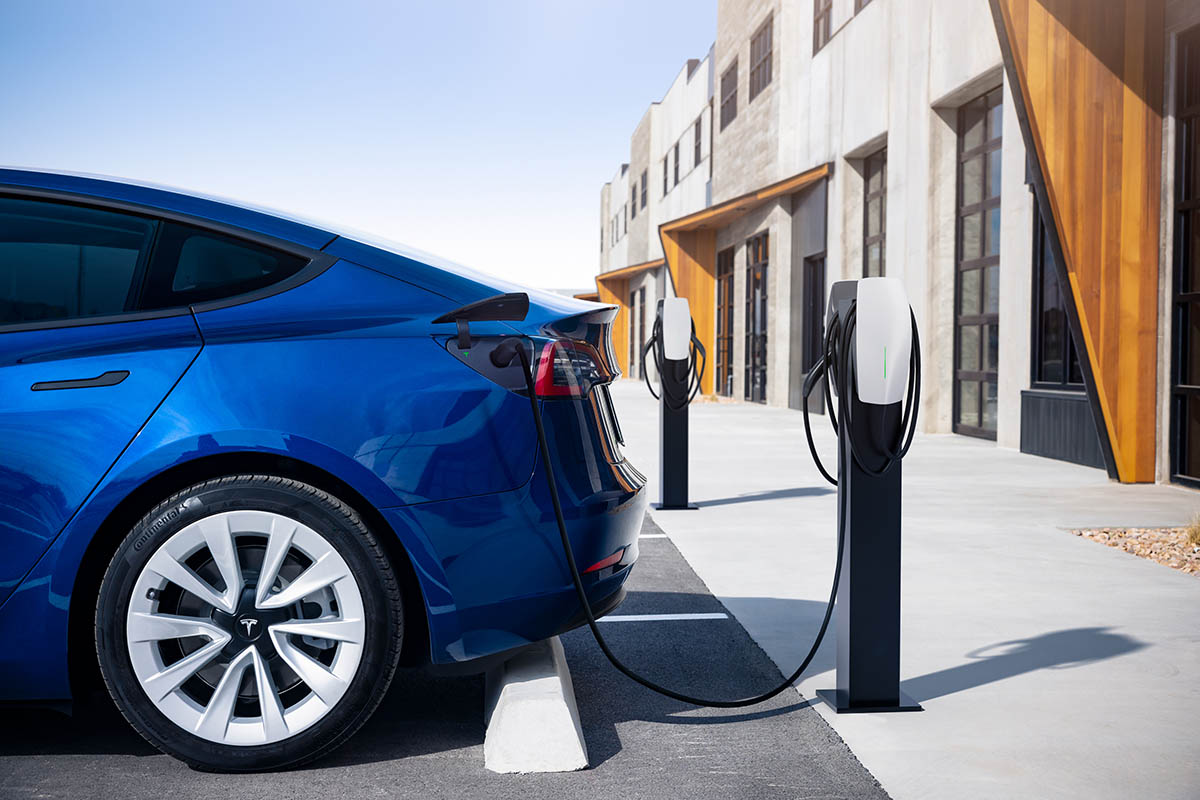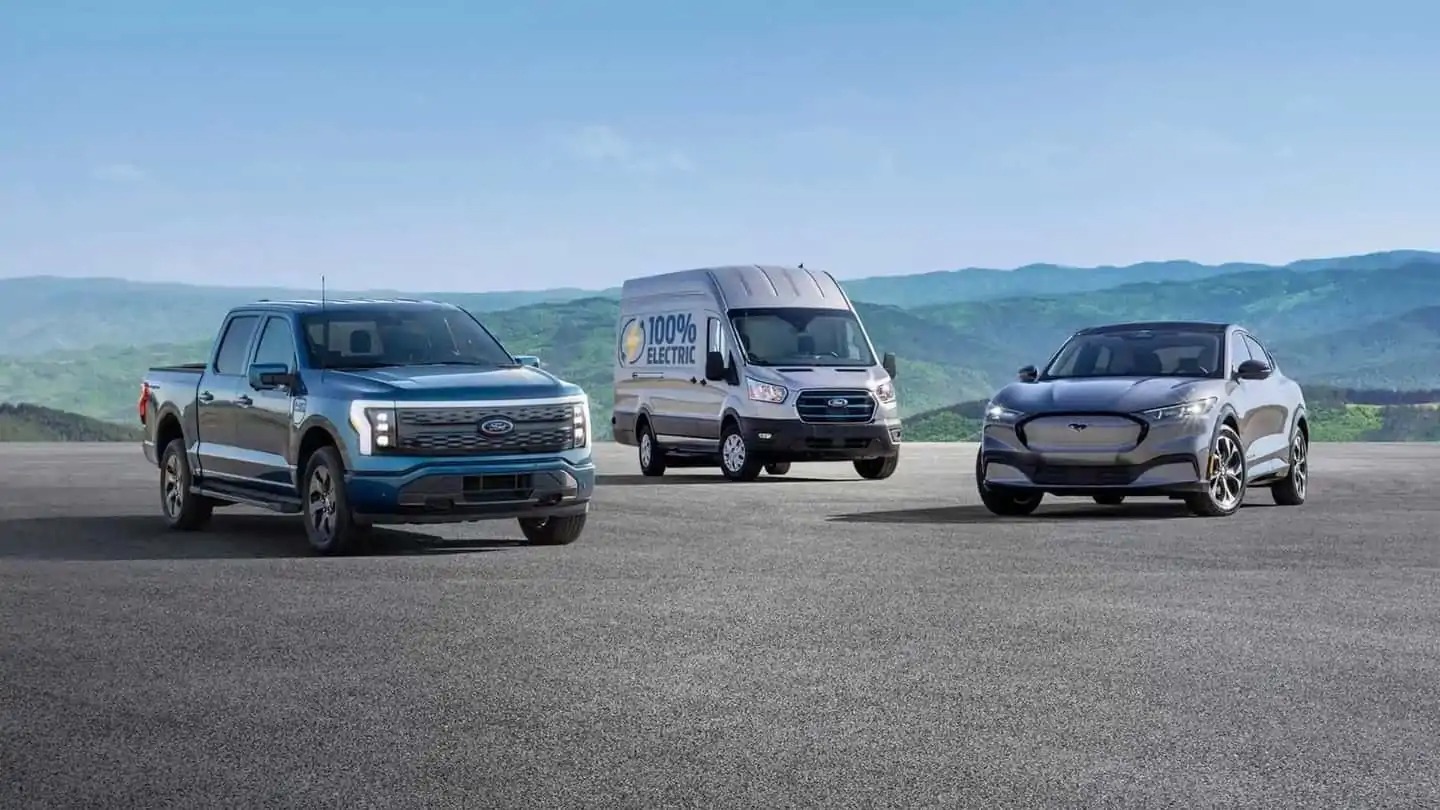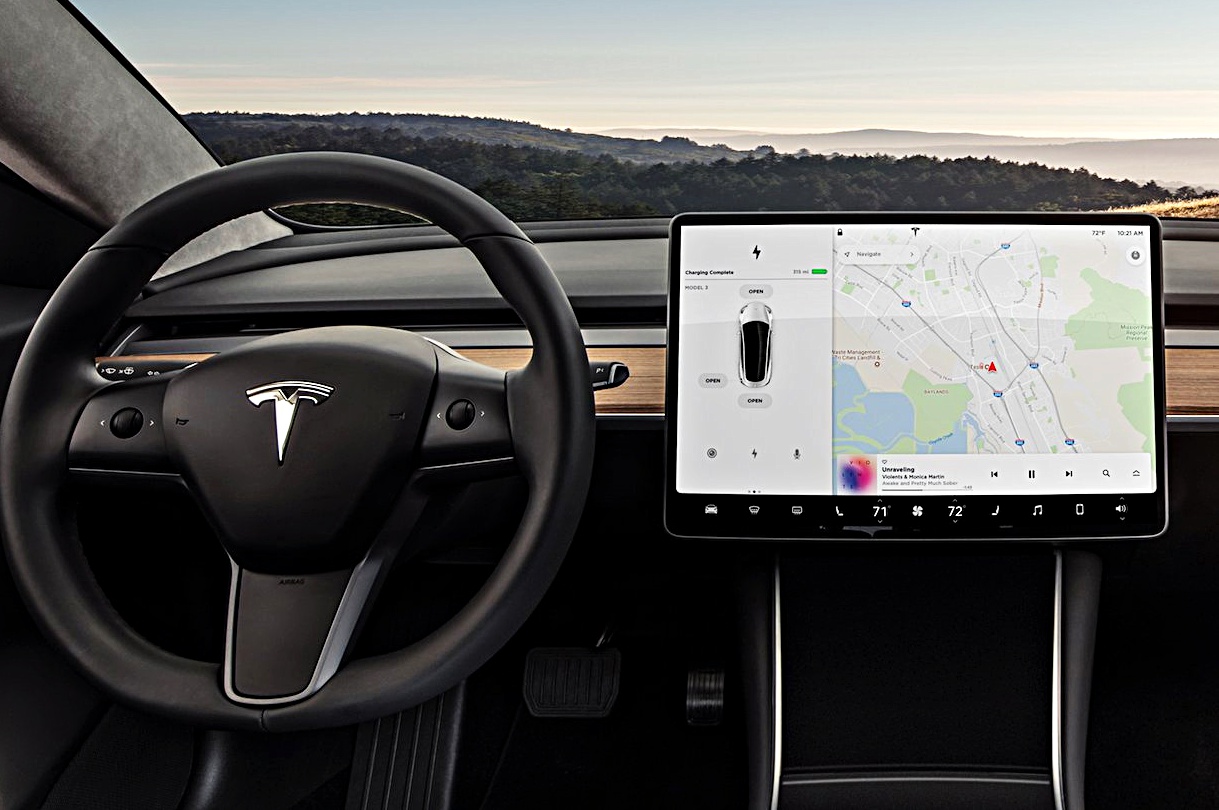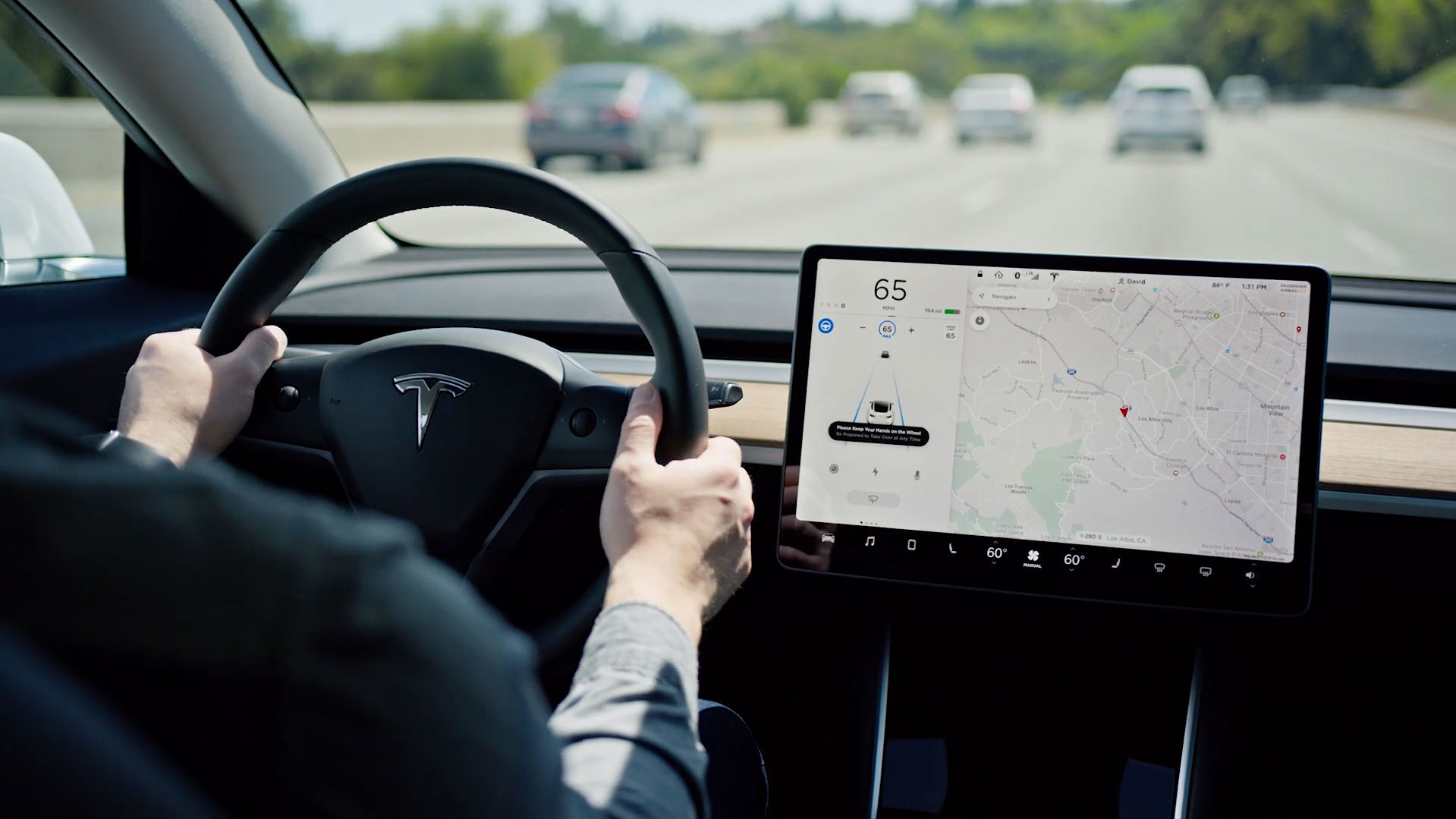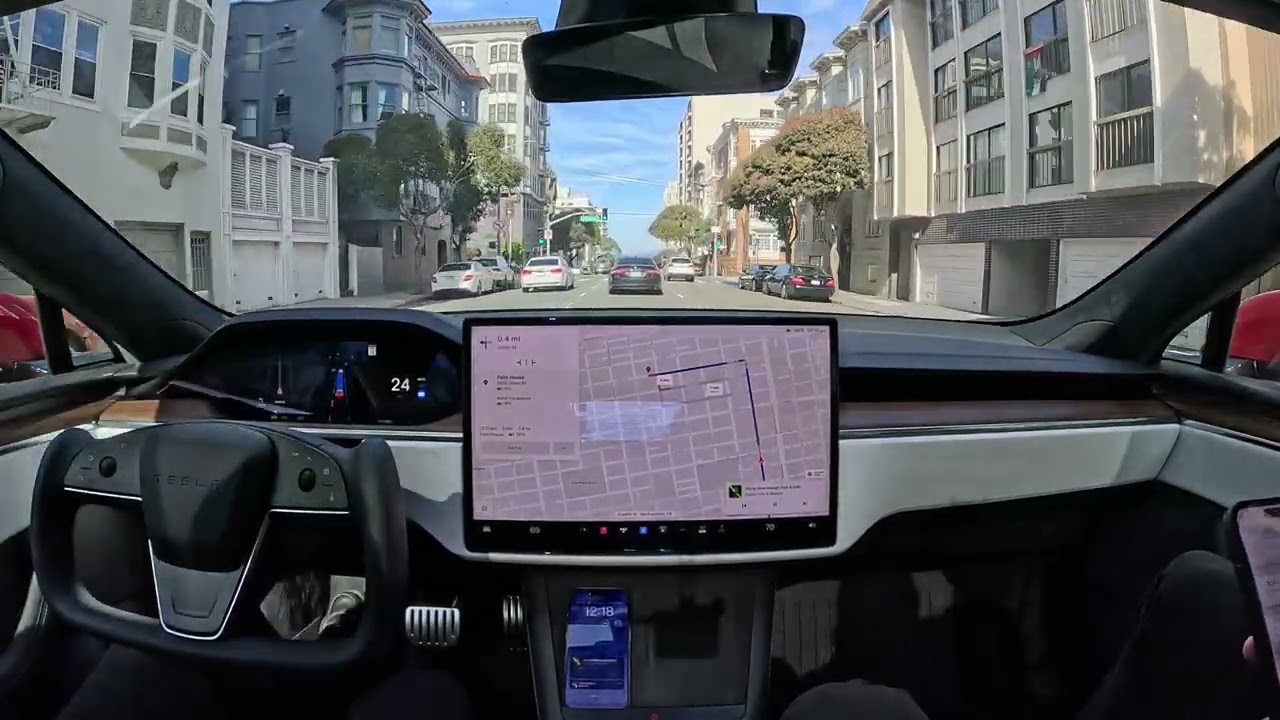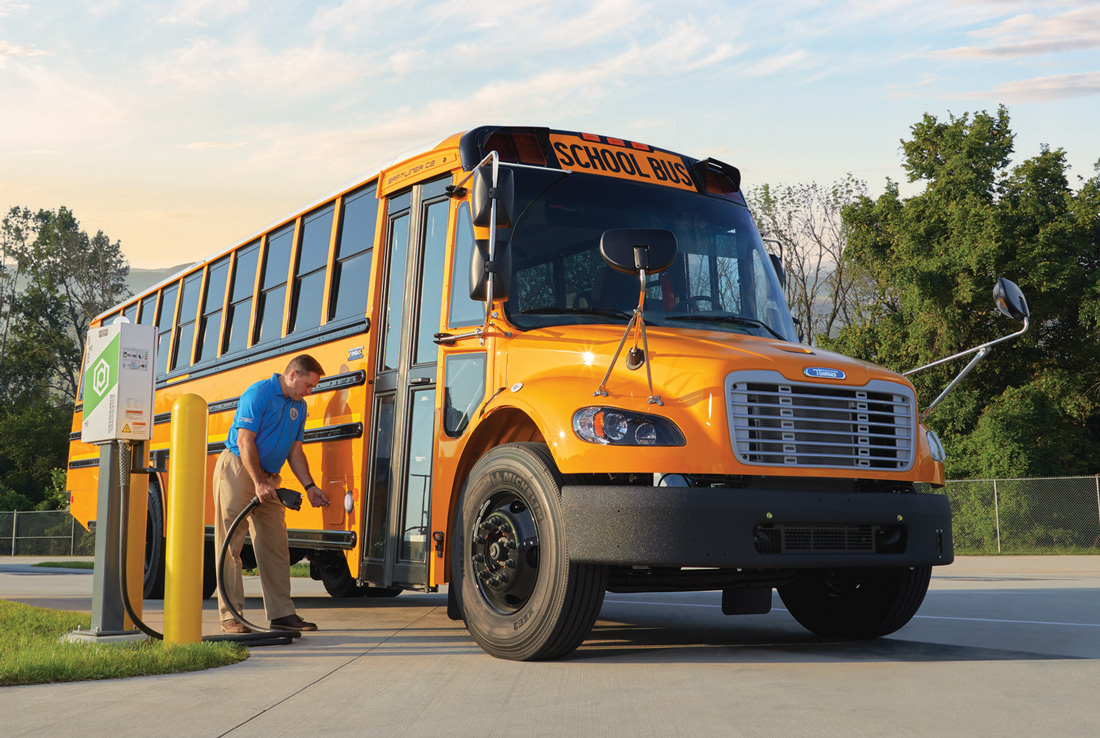Toyota Motor showcased its next-generation engines designed for a range of vehicles, including hybrids and those running on biofuel, as part of its strategy to meet stricter emissions standards and offer a variety of powertrain options beyond electric vehicles (EVs).
At a media event with Subaru and Mazda Motor, Toyota displayed in-development 1.5-liter and 2.0-liter engines that are more compact than current models. In a joint statement, the companies said, “With these engines, each of the three companies will aim to optimize integration with motors, batteries, and other electric drive units.”
Toyota, which owns about a fifth of Subaru and roughly 5% of Mazda, aims to decarbonize internal combustion engines by making them compatible with alternative fuel sources like e-fuels and biofuels. The new engines’ reduced size could also lead to revamped vehicle designs with lower hoods.
While Toyota has been perceived as lagging in the EV market, a slowdown in EV growth has seen the company benefit from the popularity of petrol-electric hybrids. The move to update traditional engine technology is in line with similar efforts by Mercedes-Benz, while BYD is set to unveil new hybrid technology with lower fuel consumption.
Toyota’s new 1.5-liter engine is expected to achieve a 10% reduction in volume and weight compared to its existing 1.5-liter engines used in models like the Yaris compact. The new 2.0-liter turbo engine will also see similar gains compared to existing 2.4-liter turbo engines used in larger models like three-row seating SUVs.
Chief Technology Officer Hiroki Nakajima did not disclose when Toyota plans to launch models equipped with the new engines. The move comes as automakers face stricter emissions standards, such as the European Union’s “Euro 7” rules for cars and vans from 2030, with a ban on new CO2-emitting cars set for 2035.
Toyota has been following a “multi-pathway” approach to carbon neutrality, with a focus on vehicles offering a range of powertrains. In the first quarter of the year, Toyota sold about 2.4 million vehicles, with nearly two-fifths being petrol-electric hybrids. Plug-in hybrids, fuel-cell, and all-battery electric vehicles accounted for just 2.9%.
Chairman Akio Toyoda has stated that he believes EVs will reach a global market share of 30% at most, with hybrids, hydrogen fuel-cell, and fuel-burning vehicles making up the rest.

